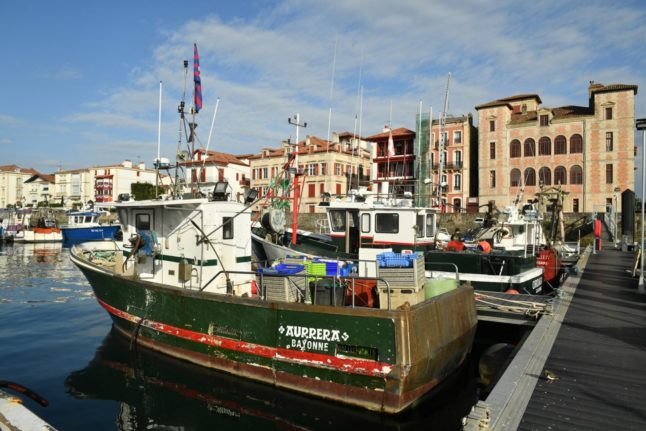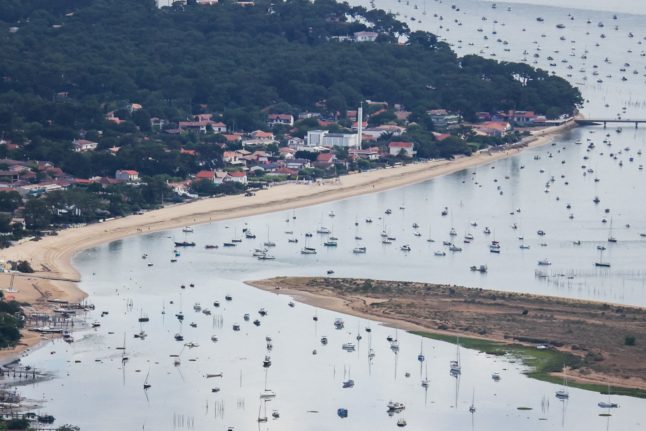Under the terms of the decree published in the Journal Officiel, officials in two-dozen communes in the Pays Basque -including the tourist hotspot of Biarritz – will be able to impose reference rent limits on landlords.
Rent capping is already applied in Paris, Lille, Lyon, Villeurbanne, Montpellier and Bordeaux, as well as in parts of Seine-Saint-Denis as part of a trial through to 2026.
READ ALSO French property: What is a ‘zone tendue’ in France?
Officials in the Basque Country have long pushed for the authority to impose rent controls in areas where second homes and furnished tourist accommodation is believed to prevent local residents from finding affordable decent housing.
The towns authorised to apply rent limits from 2024 are; Ahetze, Anglet, Arbonne, Arcangues, Ascain, Bassussarry, Bayonne, Biarritz, Bidart, Biriatou, Boucau, Ciboure, Guéthary, Hendaye, Jatxou, Lahonce, Larressore, Mouguerre, Saint-Jean-de-Luz, Saint-Pierre-d’Irube, Urcuit, Urrugne, Ustaritz and Villefranque.
The government has also given local authorities in areas where there is a housing shortage the power to increase taxes on second homes in order to fund more affordable housing for locals and an increasing number of communes are choosing to use this power.
READ ALSO Property tax surcharge: Where in France second-home owners are liable for extra taxes
Meanwhile, popular tourist destinations in France will soon be able to impose stricter controls on short-term seasonal property rentals such as Airbnbs after the government announced a series of measures to counter housing shortages.
The Housing Ministry is also studying possible tax reforms intended to make tourist rentals less attractive economically compared to long-term lets.
READ ALSO French tourist towns get power to limit short-term property rentals



 Please whitelist us to continue reading.
Please whitelist us to continue reading.
Member comments